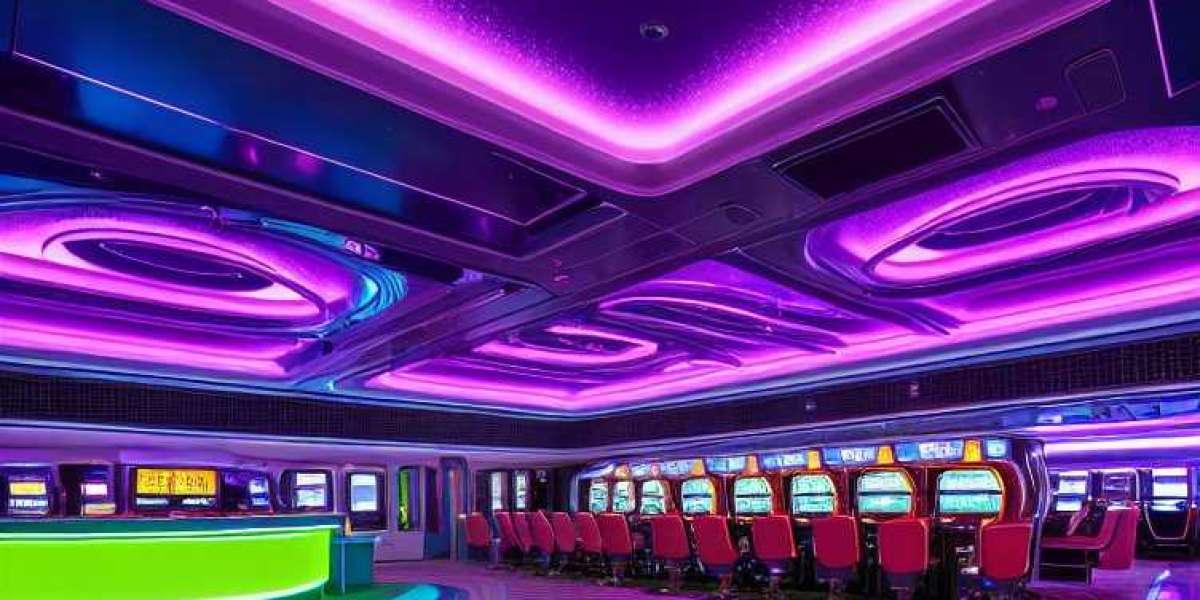Shanghai Stadium, often referred to as the “80,000-People Stadium,” is one of the most recognizable sports landmarks in China. Located in the Xuhui District of Shanghai, this massive venue has stood as a symbol of the city’s sporting ambition and cultural pride since its opening in 1997. With a seating capacity of 72,000, it remains one of the largest stadiums in the country and continues to host both domestic and international events that draw global attention.To get more news about shanghai sports stadium, you can citynewsservice.cn official website.
Origins and Construction
The decision to build Shanghai Stadium was made in the early 1990s, as Shanghai prepared to host the Eighth National Games of China in 1997. Construction began in 1994 and was completed in time for the Games, which marked the stadium’s grand debut. Designed by the Shanghai Institute of Architectural Design and Research, the structure was envisioned not only as a sports facility but also as a cultural landmark that would reflect the city’s modernization.
The stadium’s architecture is distinctive: its outer ring is circular, while the inner seating bowl is elliptical, creating a dynamic and visually striking form. The use of advanced engineering techniques, such as cable-supported roofing and reinforced steel structures, allowed for both durability and elegance.
Role in Sports and Entertainment
Since its opening, Shanghai Stadium has been a central hub for major sporting events. It has hosted Chinese Super League matches, serving as the home ground for Shanghai Shenhua Football Club for multiple seasons, including its return in 2023. Between 2009 and 2019, it was also the home of Shanghai SIPG, another top-tier football team.
The stadium was one of the venues for the 2008 Beijing Olympics football tournament, further cementing its international reputation. Beyond football, it has welcomed athletics competitions, concerts, and cultural festivals. Global superstars such as Mariah Carey and Jay Chou have performed here, transforming the stadium into a stage for entertainment as well as sport.
Renovations and Modernization
To maintain its status as a world-class facility, Shanghai Stadium underwent significant renovations between 2020 and 2022. These upgrades were part of the larger Xujiahui Sports Park project, which also included the nearby Shanghai Indoor Stadium and Shanghai Swimming Center. The renovations improved seating, accessibility, and safety standards, while also modernizing facilities for athletes and spectators alike.
The modernization efforts reflect Shanghai’s broader ambition to remain a global city capable of hosting international events. With improved infrastructure, the stadium is now better equipped to handle large-scale tournaments and concerts, ensuring its continued relevance in the decades ahead.
Cultural and Urban Significance
Shanghai Stadium is more than just a sports venue—it is a cultural landmark. Its location in the bustling Xuhui District makes it easily accessible via Shanghai Metro Lines 1, 4, and 11, and its presence contributes to the vibrancy of the surrounding urban landscape. For many residents, the stadium is a place of shared memory, where they have witnessed historic football matches, national celebrations, and unforgettable concerts.
The stadium has also received recognition for its architectural and cultural value. In 1998, it was awarded the title of “Shanghai’s Best Sports Building,” and in 1999, it was named one of the “Top Ten Classic Buildings of Shanghai in the 50 Years of New China.” These honors highlight its importance not only as a functional space but also as a symbol of Shanghai’s progress.
Looking Ahead
As Shanghai continues to grow as a global metropolis, Shanghai Stadium will remain a vital part of the city’s identity. Its combination of history, modern design, and cultural significance ensures that it will continue to attract both sports fans and cultural enthusiasts. Whether it is the roar of a football crowd, the energy of a live concert, or the pride of hosting international competitions, the stadium embodies the spirit of Shanghai itself: ambitious, dynamic, and ever-evolving.








